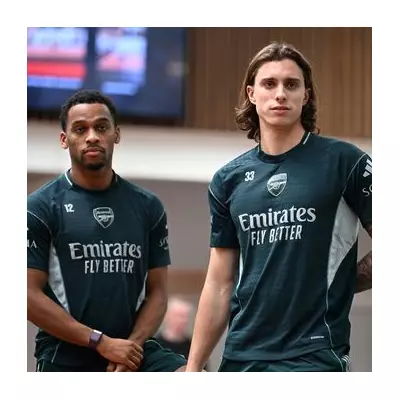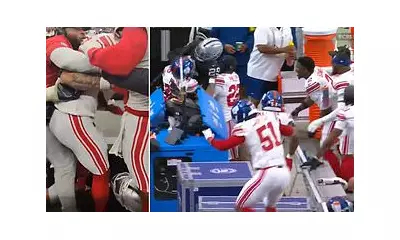
The head of the Premier League has issued a serious warning that the future of domestic football is being put in jeopardy by the relentless expansion of international tournaments.
Fixture Chaos Highlights the Problem
Richard Masters, the Premier League's chief executive, voiced his deep concerns during a speech at the World Leagues Association annual meeting in Athens. He stated that the global appeal of the sport is at risk due to a growing imbalance that favours international fixtures over domestic leagues.
The strain on the domestic calendar was recently made clear when the Carabao Cup tie between Arsenal and Crystal Palace, along with their preceding league fixtures, had to be rearranged. This was partly a consequence of Palace's involvement in the UEFA Conference League, illustrating the direct impact on club schedules.
The Expanding International Calendar
Further alarm bells are ringing over the planned expansion of the summertime Club World Cup. Domestic leagues are worried about the economic repercussions and the effect on player welfare, especially with talks of potentially increasing the tournament from 32 to 48 teams and holding it every two years.
Speaking to an audience in Athens, Masters underscored the urgency, noting it was the "best attended we've ever had" and that this was no coincidence. He directly linked the high turnout to the fact that the "balance between national and international football is under threat."
He urged caution, saying, "We cannot take football's global popularity, its fans and its players for granted by fracturing this balance through an overloaded international calendar." Masters emphasised that all member leagues are united in the belief that domestic football must be protected and that dialogue with FIFA is now crucial for the health of the sport.
Legal Action and FIFA's Response
This sentiment is not isolated. The Premier League's stance is supported by European Leagues and FIFPRO, the world players' union. Together, they have lodged a formal legal complaint with the European Commission against FIFA.
They accuse FIFA of abusing its dominant position under EU competition law, arguing it acts as both regulator and competition organiser. This dual role, they claim, causes significant economic and sporting harm to domestic leagues and compromises player welfare.
FIFA, however, maintains its position. The global governing body asserts it is within its rights to organise competitions like the Club World Cup within the existing international calendar. It also points to a Memorandum of Understanding with European Football Clubs, which includes 17 Premier League teams and extends to 2030, as evidence of these clubs' commitment to the international schedule.





